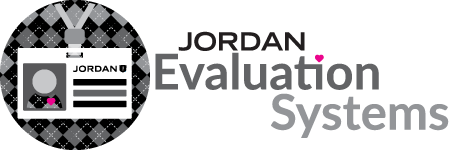Delivering Instruction
Developing Thinking Skills
Indicator 33 – Authentic Learning Experiences UETS 2d., 3f., 4d., 6d., 6e., 7e., 7f.
Effective teachers make learning activities relevant to students' lives and experiences and organize their instruction to reflect student interests. Authentic learning experiences are real-life tasks, or simulated tasks that provide the learner with opportunities to connect with the real world. The emphasis of authentic learning experiences is mainly quality of process and innovation.
IDEAS/SUGGESTIONS:
- Consider how a skill you teach will be used outside the classroom. Choose activities that require students to practice the skill as it is used in their world.
- When teaching percentages, have students practice finding the tax they would pay on typical purchases they make at the store.
- In a keyboarding class, as students are learning to type, the important components of a resume and cover letter are discussed and incorporated into a typing assignment.
- Have students collect, identify, categorize in science using actual specimens of rocks, insects, etc.
- Use math skills to measure household items.
- In social studies, help students practice reading a map and map symbols by drawing a map of their neighborhood.
- Plan a party or a trip within a given budget.
- Plan a balanced menu including appropriate food groups.
- In a drama class, have students write a screenplay for a television series and then produce the play.
- Study and research, through computer simulation, national and state park philosophy and management, land management, recreation theory, social systems, geography, ecological community theory, and politics to determine how to create a new park with a $100 million budget.
- Ask first grade students to collect candy wrappers from their Halloween candy and produce a graph with them.
- Use every opportunity possible to shift students from passive consumers of information to active participants in getting and using knowledge.
- Take advantage of all the student competitions which require students to convert classroom knowledge into an activity: science fair, inventors fair, debate, problem solving, or other education-related competitions. Have similar competitions within your class; have debates, for example, or conduct a session of the House of Representatives or the Senate.
